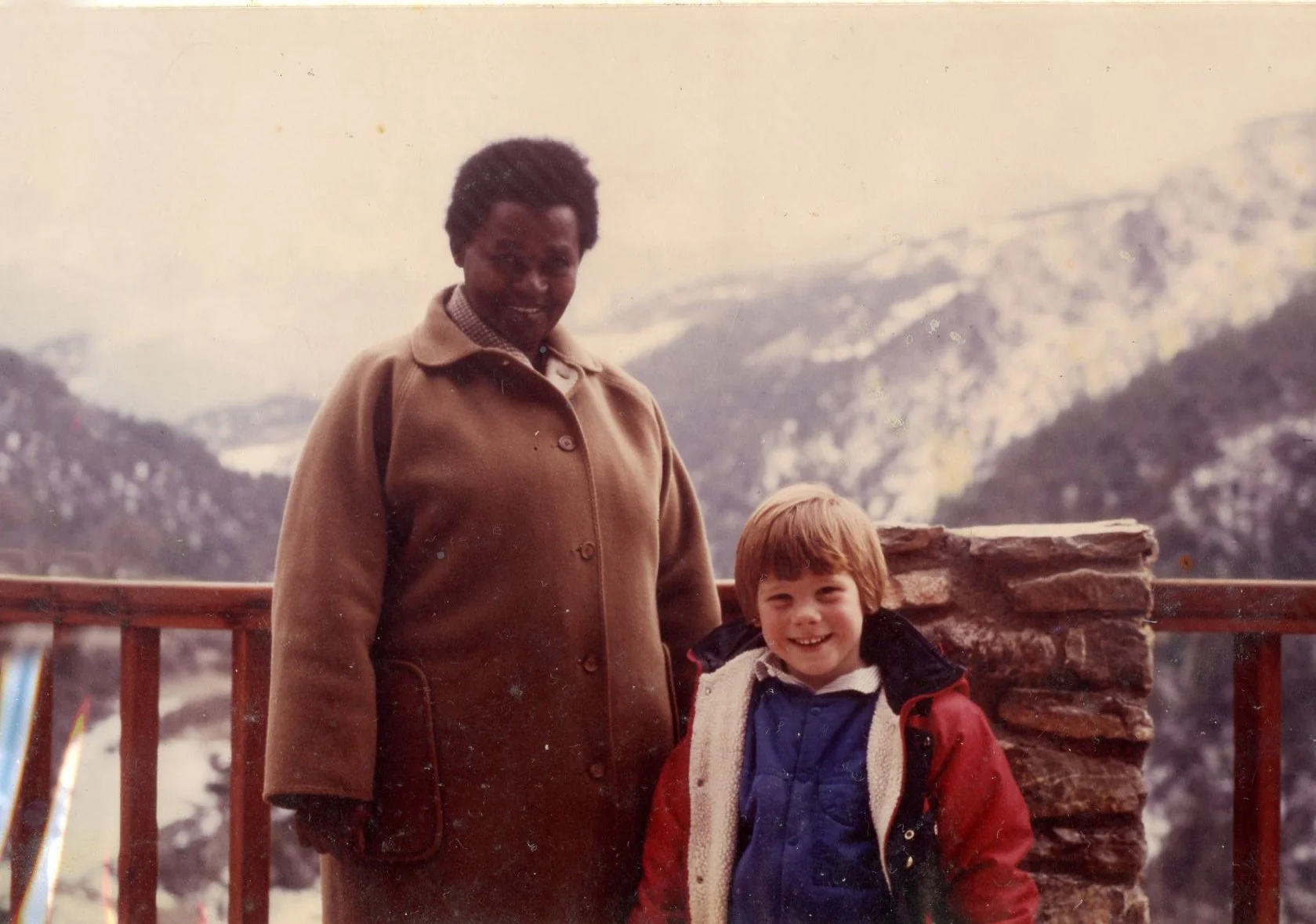Synopsis
“Without memory, there is vacant space.”
— Lauretta Ngcobo
And She Didn't Die follows the extraordinary journey of Lauretta Ngcobo, from rural South Africa to an acclaimed feminist writer in exile. Through the eyes of her daughter, filmmaker Kethiwe Ngcobo, this documentary stands as a defiant act against the erasure that threatens to remove Black women like Lauretta from history despite their significant contributions.
The film employs a distinctly reflexive approach, acknowledging both the documentary's construction and Kethiwe's personal stake as filmmaker and daughter. This self-awareness becomes integral to the storytelling, as the camera's presence and the act of documentation itself become part of the narrative.
The documentary weaves together three visual threads: intimate family footage from twenty years ago capturing Lauretta's reflections with her daughter; archival material documenting both apartheid's brutality and the resistance it sparked; and contemporary footage as Kethiwe explores her mother's legacy. Its deliberate non-linear structure mirrors memory's fragmented nature, moving fluidly between periods and perspectives to create unexpected resonances between past and present.
Beginning in rural KwaZulu-Natal, where Lauretta was born in 1931 to a family of storytellers, the documentary traces her educational journey, political awakening, and marriage to AB Ngcobo, with Robert Sobukwe as their wedding witness. As the political situation intensifies through the formation of the PAC and the Sharpeville Massacre, Lauretta's dangerous work as a courier culminates in her heart-wrenching decision to flee South Africa within 24 hours in 1963, leaving her children behind.
The exile years in England reveal a profound paradox—isolation from home and a new kind of racism juxtaposed with the freedom and space to write without fear. Through carefully crafted dramatic reconstructions and readings from her works, the film shows how Lauretta's literature gave Black South African women an interiority rarely depicted, illustrating how both apartheid and customary law damaged women's lives.
Writing becomes a visual motif of resistance throughout—Lauretta's handwritten pages, manuscripts burned before fleeing, dawn writing sessions in London, and the printing presses that brought her words to the world all emphasise how writing became both political resistance and personal survival. The soundtrack will layer traditional storytelling songs, freedom anthems, ambient sounds from significant locations, and Lauretta's own voice from recordings.
And She Didn't Die concludes with Lauretta's legacy in contemporary South African literature and activism. The Order of Ikhamanga award in 2008 serves not as an endpoint but as recognition in a continuing story—one that began with a rural girl finding her voice and evolved into a powerful testimony about the intersection of personal and political resistance.
This documentary ensures that Lauretta Ngcobo's voice, like her legacy, refuses to die or be forgotten. It is both a daughter's tribute and a powerful historical document that preserves the story of a woman whose journey through activism, exile, and authorship illuminates South Africa's struggle for liberation and the ongoing fight against the erasure of Black women's contributions.




